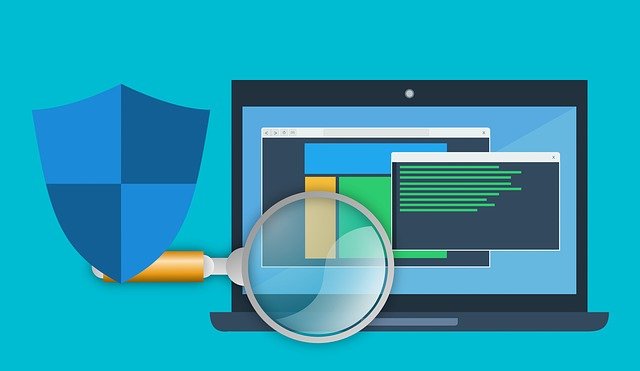Healthcare is one of the greatly expanding industries around the globe. According to a report, the total GDP of the world spent on healthcare increased from 8.6% to 9.8% in the last two decades. The purpose is to provide patients with advanced and easier treatments that can be a helping hand for patients. Medical techniques like no-cut surgeries or laser treatments have become the new norm. Hospitals are constantly modernizing their equipment to service their patients in the best possible way. Data security in healthcare is also maintained to eradicate medical identity thefts.
Allied industries such as pharmaceuticals, insurance companies, and care providers are constantly trying to up their game in their respective fields. Pharmaceuticals are trying to take patient data to invent advent medicines for the next generation. All the relevant resources are joining together to make state-of-the-art medical facilities for patients.
Securing Patients’ Data In Healthcare
The medical history of patients is kept with great diligence to conduct research, for security reasons and to eliminate patient identity thefts, fraud prevention, compliance regulations, etc. But maintaining patients’ data with high security is not as simple as it may sound. Medical institutes face identity thefts on regular basis. Once the sensitive personal information of the patients is stolen, patients, hospitals, product manufacturers, and insurance companies face a lot of problems.
What is Know Your Patient?
KYP is similar to Know Your Customer (KYC). Know your patient refers to the process of verifying patients according to government-issued policies and hospital verification methods. The process is carried out by verifying patients’ official documents like ID cards, passports, driving licenses, etc, and hospital-issued patient cards. Allied industries and hospitals are working to achieve the following goals:
-
To provide better healthcare
-
To comply with health regulations
-
To serve patients digitally in a better way
-
To secure updated patients’ data
-
To sell prescription-only drugs in a responsible way
Use Cases Of KYP
Know your patient is a mandatory step to fulfill hospital needs and to protect patients’ information. Following are some of the applications of KYP:
Combat Medical Identity Frauds
It is not obvious that patients’ identities can only be stolen by criminals. Sometimes doctors, drug dealers, minors, and even patients can be a mastermind behind the game. A case was reported in the US where the doctor himself was making prescriptions in the name and address of his deceased patient. The pharmaceutical companies were shipping medicines to his home address (medical marijuana practice). The doctor was enjoying the prohibited drug himself, the truth he confessed once arrested.
Patient identity frauds are practiced by fraudsters to gain several health benefits and insurance claims. Identity fraud can be done in a variety of ways and happens due to the negligence of doctors, patients, and allied companies. Verification of patients is necessary to provide medical facilities to deserving people.
To Prevent Data Breaches
The information of the patient is very crucial for healthcare industries to manage. There is an increasing number of frauds touching skies that happen due to data breaches. The records or the Sensitive Personal Information of the patients are sold. Thieves sell patients’ information on dark websites and gain monetary value.
Patients’ sensitive information is also used to conduct fraudulent transactions. Illegal transfer of money is also used for further illicit crimes that eventually damage the business owners and the patients.
Health care insurance is a big concern now. Perpetrators gain access to your personal medical history, create a fake ID document, and make a call to the hospital by your name. Doctors get the details of the history sent, evaluate the document, and schedule a medical surgery, let’s say knee surgery. Fraudsters come on the due date, get their surgery done and boom, become successful in their aims. The real patient gets the record of the treatment almost after a month with the cost out of their pocket. But till then, criminals have gone too far from their reach.
Conclusion
Healthcare providers share patients’ history with stakeholders like doctors, insurance companies, patients’ guardians. Manual data sharing was very risky and incorporated several identity threats. Telepath has made the process of digital data sharing convenient. Now the identity details can be shared securely which ensures data security in the healthcare
































